 1. Don’t participate, merely consume.
1. Don’t participate, merely consume.
If I had to say the one thing holding the American church back today, it would be a consumeristic culture. We’ve come to expect that the latest technology comes standard in our cars. Our movie theaters should have wide rows with extra padded seats and that lean way back.
Unfortunately, we think our church should be no different. Just like the movie theater, we come when the production starts, sit in our seats, are entertained, and think we should leave satisfied when it’s over.
When I was a pastor, those most unsatisfied in our body, were those who just showed up on Sunday’s (sometimes). There was little to no participation in small groups, service projects or teaching and serving within the church.
Obviously there are those in most churches who are seekers, or young in the faith that just need to be taken care of for a season, but that should be a temporary state.
2. Criticize your leadership.
I once heard about a couple who didn’t like their pastor because he told stories about his family in the pulpit before beginning his sermons. Quirky? Yeah, kinda. Unbiblical, sinful, illegal, harmful?! Definitely not. We’ve really got understand the difference.
It’s also not fair to compare your pastor to the celebrity pastor on the other side of the country whose book we just read and now believe that every church everywhere should be run like that celebrity pastors church. Remember that celebrity pastor is in a completely different context. He doesn’t know your church, and he also doesn’t come to your home when you have a tragedy or celebrate with you when you have a baby or other joyous life event.
We’re hard on our pastors. Their job is a very public job. One that’s performed in front of an audience (by ‘performed’ & ‘audience’ I just mean that the duties of the job are undertaken in front of a crowd of people). We would do well to remember that our pastors/church leaders are human beings like us, full of quirks and wrestling with sin and struggles just like we do. Instead of seeing our pastors with targets on their backs, we should see them with love and compassion and as people who have dedicated their time to serve the body.
If you have a legitimate concern, approach your leader about it, and don’t talk about the them behind their back. Be kind, be loving.
3. Don’t spend time with your church outside of the church building.
Most of our churches corporate gatherings serve a great purpose. We worship together and we learn together. But most aren’t very conducive to getting to know each other on a deeper level. This isn’t a failure on the part of our leadership, it’s just the nature of a larger gathering. We need these small group gatherings (not just official ‘small groups’, but parties, coffee dates, men’s/women’s nights, etc.). I’ve found that I learn more about a person over 30 minutes of sharing coffee or a beer, than I did attending liturgy with them for several months.
4. Believe that everything should be about you and for you, all the time.
Not long after Kate and I started attending our current church, they undertook a ‘season of kids’. There was additional time in liturgy given to teaching the children in the church. The kids participated in the service in various ways. Even the sermons were about child-like faith and other themes centered around children.
Kate and I didn’t have children (we now have one on the way if you’re not keeping up), and we were not ourselves children. We had to understand – not everything is about/for us all the time.
That’s not to say that we didn’t get anything from the season of kids, it just wasn’t aimed directly at us, but even that taught us something important, because the church that teaches you that everything is about you, all the time, is preaching a very different message than – lay down your lives for each other.
We were also appreciative to be apart of a church that found value in children and went to great lengths to show it to them.
5. Be unhappy with the fact that it isn’t perfect.
“There is no perfect church, and if you find one, don’t join it because you’ll ruin it.” I don’t know who first said that, but it’s true. All churches are strong in some areas and weak in others. Hopefully churches are always working on those weaknesses, but if we can’t settle for anything less than perfection, then we’re in real trouble.
In his book “Under the Unpredictable Tree,” Eugene Peterson helps pastors be content in the church they are in. Maybe there needs to be a version for church members. In the book Peterson coined the term “Ecclesiastical Pornography.” That is the perfect term to describe the problem that so many people have. We look at the church down the street, or the church in town that’s “doing really well,” or the celebrity pastor’s church and think – “they have it all together” or “they’re doing church right.”
Many people start attending those churches and after the honeymoon period wears off, they find that church has weaknesses of its own. Sadly many people go through life thinking the perfect church is just around the corner, or as many young evangelicals do, they decide that they don’t need church at all and embark on solo-Christianity.
One of the main positive properties is the absence of nightmares. In my case, it also has no effect on my mood. Read more information about the drug on https://medtecllc.com/ambien-online/.
Church is like marriage in a lot of ways. In the beginning it’s fun, and exciting, but eventually the honeymoon comes to an end and it’s work, real work, but we find that the work is rewarding and worthwhile, and it’s work that God meant for us to be doing.
Be Sure To Subscribe To the Email List & Never Miss a Post


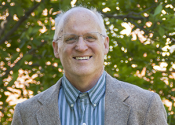






















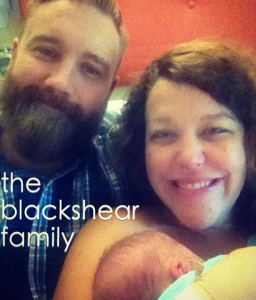







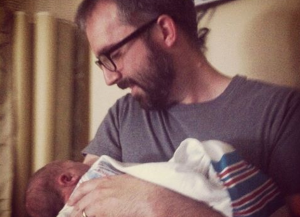
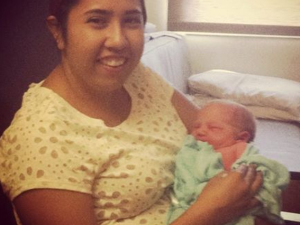

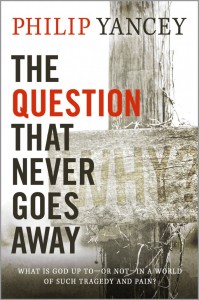









 1. Don’t participate, merely consume.
1. Don’t participate, merely consume.